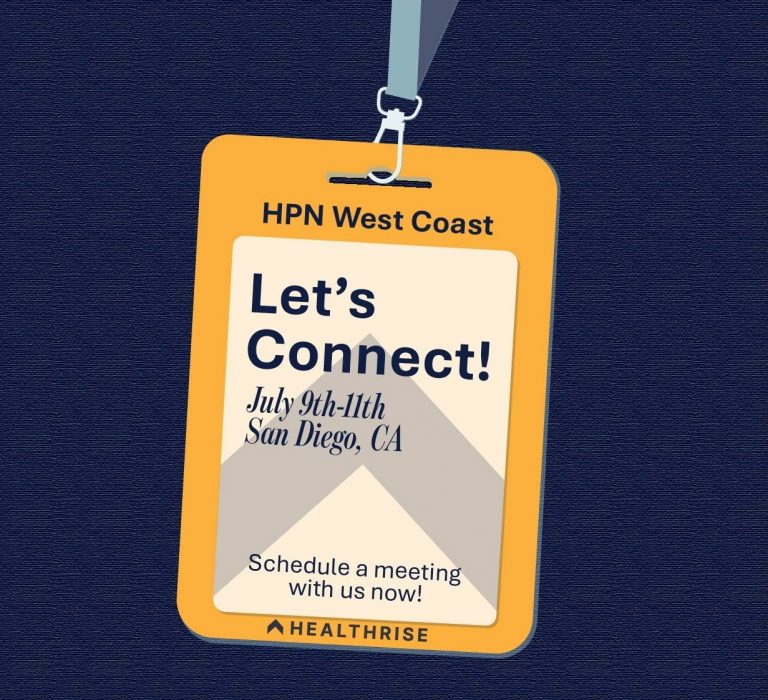

Introduction
In today’s complicated healthcare landscape, the relationship between hospitals and payers is more than just transactional, it’s strategic. Payers continue to develop tactics that delay or reduce reimbursement, placing financial pressure on healthcare providers. However, hospitals can take proactive steps to “win the payer game” by adopting a multi-faceted approach that strengthens internal operations, leverages technology, and promotes transparency.
Here’s how hospitals can position themselves for success:
Forge Strong Payer Relationships
At the foundation of effective payer strategy is a strong relationship. Hospitals should prioritize collaboration with payers by aligning on shared goals such as population health management and care coordination. Transparency, regular communication, and data-sharing can foster trust and reduce adversarial interactions, making negotiations and dispute resolutions smoother.
Leverage Emerging Technologies
Technology plays a pivotal role in streamlining administrative processes and improving clinical outcomes.
- Artificial Intelligence (AI): Hospitals can utilize AI to increase diagnostic accuracy and enhance patient care. These improvements not only benefit patients but also reduce costly errors, ultimately strengthening a hospital’s performance on quality metrics that influence payer contracts.
- Automation Tools: Automating processes, such as appeal letter generation, allows hospitals to include relevant contract language and patient documentation efficiently. This precision can reduce denials and speed up the reimbursement process.
Prioritize Patient Experience and Education
Improved patient care is intrinsically tied to better payer outcomes.
- Enhancing Patient Experience: Hospitals that reduce emergency room wait times and focus on overall satisfaction can benefit from higher scores in payer quality measurement systems. These scores often influence reimbursement rates and contract negotiations.
- Patient Education: By educating patients about their insurance policies and financial responsibilities, hospitals can minimize misunderstandings, reduce billing disputes, and support faster payment cycles.
Train Staff to Identify and Address Payer Stall Tactics
It’s critical that hospital employees are equipped to recognize common payer delay tactics, such as:
- Unexplained denials
- Repeated requests for documentation
- Claims held under the guise of “pending pre-authorization” or “waiting for processing”
Staff should be trained to escalate these issues appropriately, request specifics on outstanding documentation, and push back when necessary. Empowering employees with the knowledge and authority to challenge delays can significantly improve cash flow.
Strengthen Front-End Revenue Cycle Operations
The revenue cycle begins at the front desk, and mistakes here can ripple throughout the entire payment process.
- Eligibility Verification: Ensuring accurate insurance eligibility at the time of patient registration is critical to prevent downstream denials.
- Pre-Authorization Compliance: Confirming all required authorizations upfront ensures claims are processed promptly and reduces the likelihood of payment delays.
Analyze and Act on Payer Trends
Hospitals that actively monitor and analyze payer trends are better equipped to address systemic issues.
- Trend Analysis: Regularly reviewing payer behavior can help identify patterns in denials, underpayments, or delays. For example, if a particular payer consistently denies certain procedures, this insight can inform preemptive documentation practices.
- Data-Driven Negotiations: Presenting trend data during contract discussions can strengthen the hospital’s position and support changes that ensure fair and timely reimbursement.
How Healthrise Can Help Hospitals Win the Payer Game
Healthrise offers end-to-end Revenue Cycle Management (RCM) solutions that are purpose-built to help hospitals maximize revenue and minimize friction in payer interactions. Our services go beyond standard RCM support by focusing on strategic improvements in performance, workflow, and payer engagement.
Key ways Healthrise supports hospitals:
- End-to-End RCM Expertise: From front-end patient access to back-end collections and denials management, Healthrise ensures every phase of the revenue cycle is optimized for accuracy and efficiency.
- Customized Payer Strategy: Healthrise brings deep industry knowledge to help hospitals identify and respond to payer behavior patterns, improve denial resolution rates, and support more effective contract negotiations.
- Technology-Driven Solutions: Leveraging advanced analytics and automation, Healthrise helps streamline processes such as eligibility verification, coding, billing, and appeals—reducing delays and denials.
- Operational Performance Insights: Through robust reporting and performance tracking, Healthrise enables hospitals to make informed decisions, drive continuous improvement, and ultimately secure more timely and accurate payments.
By partnering with Healthrise, hospitals can offload operational burdens, enhance financial performance, and refocus internal teams on what matters most: delivering quality patient care.
Conclusion
Winning the payer game requires a combination of operational excellence, strategic collaboration, and technological innovation. Hospitals that invest in the right tools, training, and partnerships, like those offered by Healthrise, can significantly strengthen their position, reduce payer friction, and secure more reliable revenue streams in an increasingly complex reimbursement landscape.
Are you interested in connecting with Healthrise to learn more about how we can benefit your health system? Schedule a meeting and connect with our experts today!



